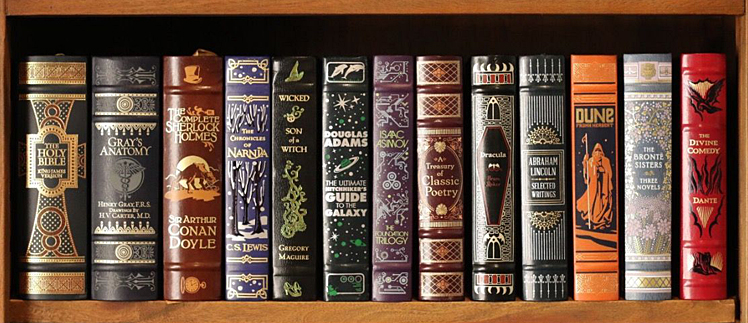
In the beginning, there was The Word, and not too long thereafter, The Book. The first books were all about The Word, and other genres remained well in the future. Books were simply books, and their content represented the wisdom of the world.
By the 15th century, the first novels were born, and with them the designation of Fiction. Human imagination has no limits and, over time, books of fiction – imagination run wild – became wildly popular. Life, it appears, is much more interesting when it’s made up, and fiction allows an author to mold events and characters without the inconvenience of chance or accident. Thus tales of fiction scribe an unencumbered narrative arc wherein the story teller weaves a moral tale of love, adventure, crime or teenage acne. By tale’s end, reality often seems awfully pale by comparison.
Fiction is so popular that all other books are classified in relation to it, namely Non-Fiction. Into the non-fiction category are lumped books of history, biography, religion, science, gardening, cooking, child-rearing, biology, chemistry, cooking and so forth. This begs the questions: Why does fiction get top billing? Why is non-fiction dependent upon fiction for its designation?
Such is the modern tyranny of fiction, and like any tyranny it should be overthrown. The alternative to fiction deserves its own designation. Thus from here on I will not say non-fiction; I shall call non-fiction Faction!
Now, there are many who will say faction is a misleading designation, arguing that facts are not absolute but relative. History, it’s said for example, is written by the victor, and thus reflects the victor’s point of view. Or they’ll say consider science; science is often theory or speculation, not fact. Of course, this is accurate, but all besides the point, for fiction and faction both require what TV’s Stephen Colbert calls “truthiness;” without truthiness neither fiction nor faction can succeed.
Fiction leans heavily to the side of invented tales while faction leans towards a faithful narrative of events; this distinction underlies our current taxonomy of literary nomenclature. I don’t propose that such distinctions not be made, for we must organize books somehow, afterall. Rather, I propose books no longer be classified in contrast to fiction. It’s as if we had absurdly decided to designate colors as either “blue” or “non-blue,” lumping yellow, red and green together in the non-blue category.
As a reader, I hold fiction in the highest regard, although I’ll admit to currently reading little. Fiction can inform and inspire, display the prodigious skills and inventiveness of writers and even change the course of history. In this way, fiction can indeed presage faction, and science fiction, for example, often has. But the alternatives to fiction deserve more than simply being designated through nomenclature as fiction’s poor step-child. Non-fiction indeed!
“Facts,” said Ronald Reagan (or his speechwriter Pat Buchanan), “are troublesome things,” a remark reflecting that we live in an age of great cynicism and widespread doubt. Faith in facts is in short supply. Accordingly, designating a wide genre of books “Faction” will undoubtedly run into some objections. Alas, we have become an irritable and argumentative people, and today most believe that everything they hear and read is fiction. There is, to credit Colbert, “truthiness” in this, but let’s not allow such lack of faith to doom faction!